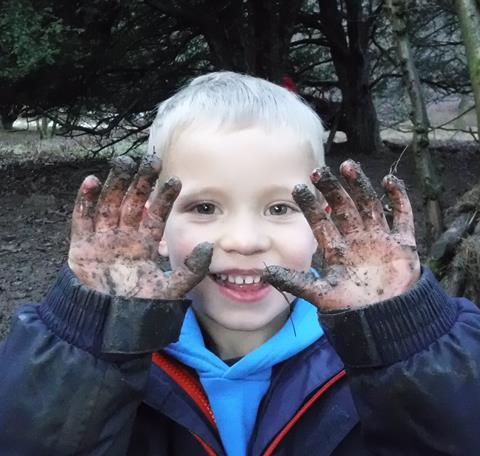Jonathan Whitwell joined Moorside Primary School in Lancaster five years ago as deputy headteacher and Year 6 teacher.
With responsibility for learning beyond the classroom and geography throughout the 520-pupil school, he leads all the outdoor and adventure visits and plans the often ground-breaking residentials.
What is your main ethos when you organise trips?
We plan the curriculum around our visits rather than planning visits around the curriculum. Sometimes the residentials form the launch for the topic, in other years they are mid-way through or a finale to the topic work, whichever fits the learning best. We always do things to broaden children’s horizons and provide opportunities and experiences that differ from those they would generally undertake with their parents. So, for example, you will never find us going to a zoo just to look at the animals. We also play an active, hands-on role and will never just hand the children over to a provider.
How important is it to challenge pupils?
Very. All our visits build in risk and let children push their limits and comfort zones. We often arrange visits such as the three-day Viking-themed adventure for Year 5 in the winter as being outside really helps children to understand some of the hardships of the time. In the Lake District most schools will climb Catbells - which is relatively easy - but we walk past and tackle more challenging peaks. All our activities are authentic, such as climbing up real rocks rather than an indoor wall. That said, we always take into account abilities and a child will never miss out by being in a group and finding things too hard.
Is learning outside the classroom equally as important as class-based learning?
Yes. Controversially, Year 6’s residential visit takes place right before SATs, which raises eyebrows from teachers at other schools. We want to reinforce the message that outdoor and adventurous skills are just as important as any academic skills. This also means that children, and teachers, have a break and come back for the rest of the summer term feeling refreshed, re-energised, more resilient and having built new relationships.
A child will never miss out by being in a group and finding things too hard.
How do you follow up trips back in the classroom?
Work leading up to our residentials builds the skills and experiences that children will need while away. On return we develop the subject-specific skills and apply them to other things.

Tell us about some of the outcomes from your trips?
We really see the effect on pupils who might not be particularly academic or who are below expected attainment in subjects such as English and Maths. Similarly, being outdoors is not at all like PE and our residentials help pupils find their niche and different strengths, including those with low self-esteem. We see them light up and become animated as they discover they can read a map, navigate or lead a trek. One parent told us a trip had changed their son’s life as he had never been away from home or taken part in any outdoor adventure. When he returned he joined a sailing club.
Do you ever go abroad?
We organise a French language residential to Boulogne, which is open to children from Years 4 to 6 to develop their language skills in real contexts while being fully immersed in the French culture without an activity centre in sight. Originally we worked with a tour operator but now we plan and deliver it all ourselves.
Why is it important for members of staff to play a key role in escorting trips?
School trips have changed enormously since I was at school and the children’s parents were at school, which is why it is vital to make sure any adults on visits know that they are no longer ‘a day out, time for an ice cream and find a playground’. You have got to take school staff and brief them fully on the learning objectives and skill development involved.
What are your top tips for organising a trip outside the classroom?
You must always plan trips as an integral part of the curriculum. There is no educational value in just having a ‘day out’ as a reward with no specific outcome or link to learning. Don’t have any downtime - if you are having a day of activities then that is what you need to be doing. We always have working lunches on our trips and then get straight back into the programme. You need to have high expectations about what the pupils can achieve. If you have low expectations then you will have a lame visit.










